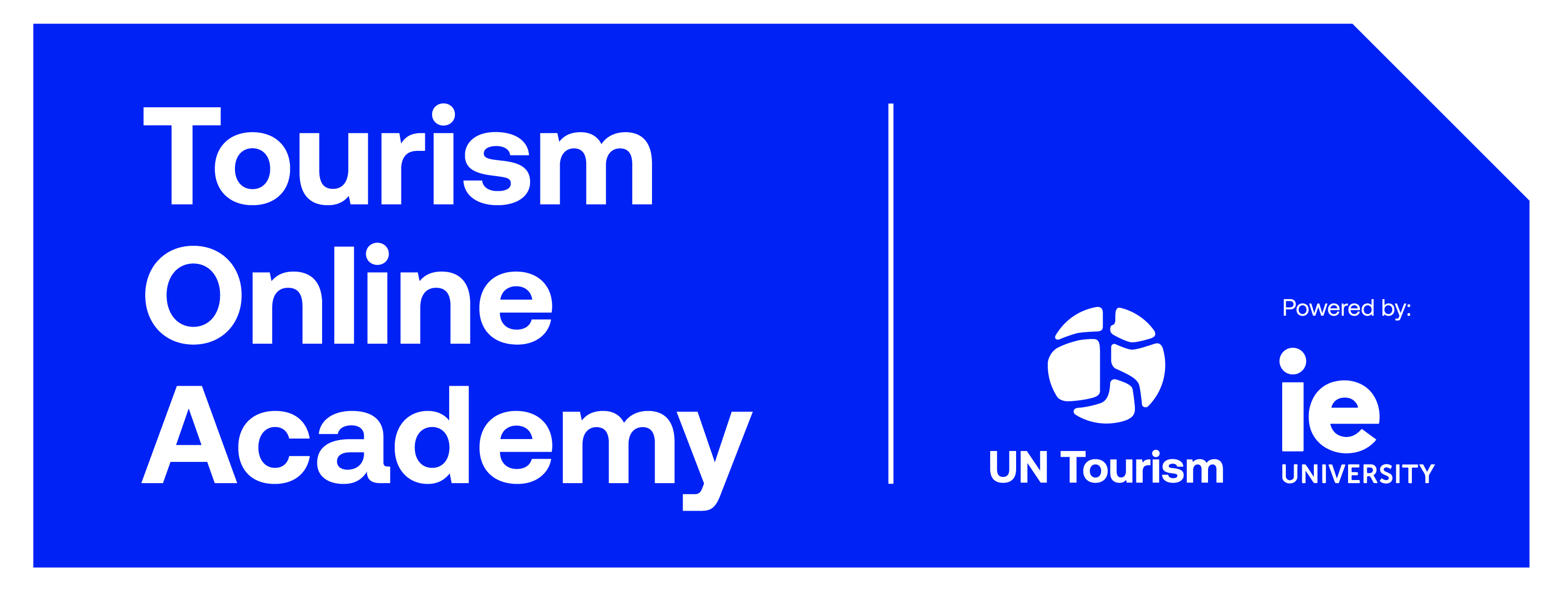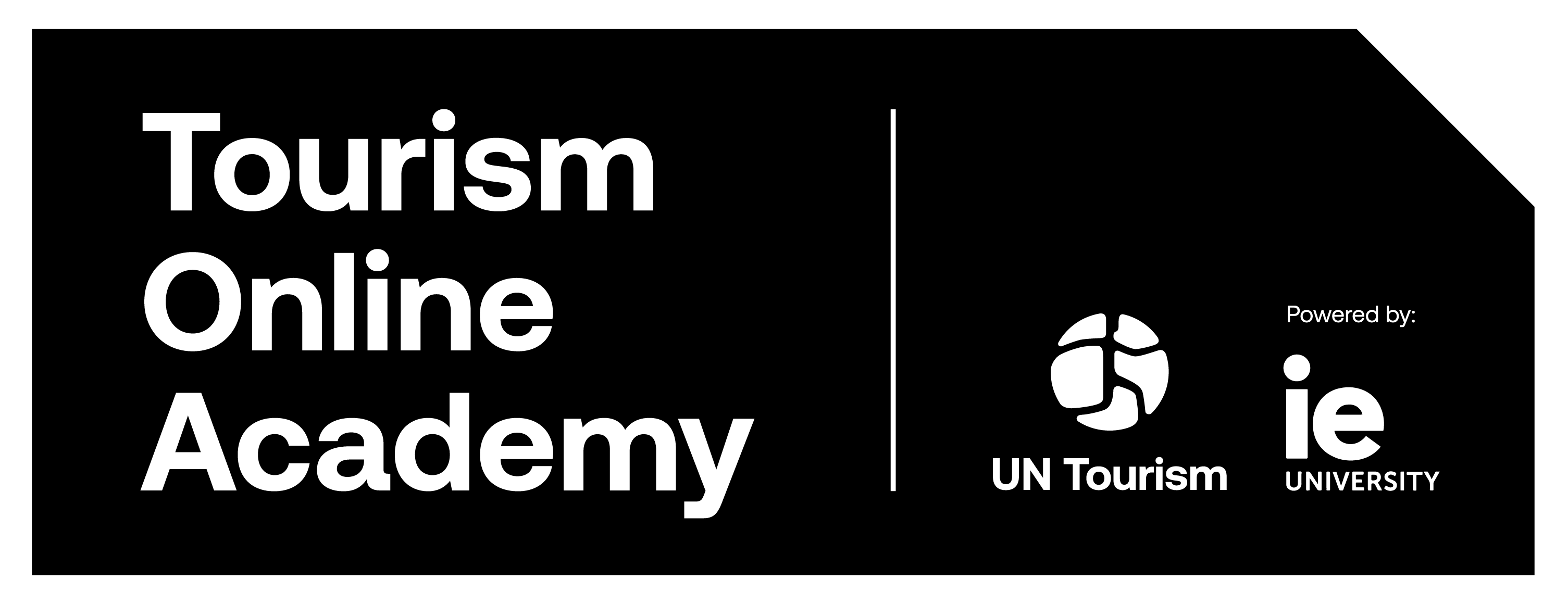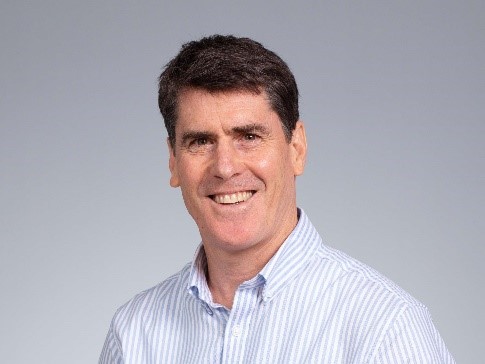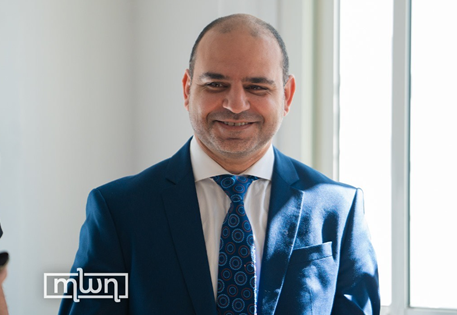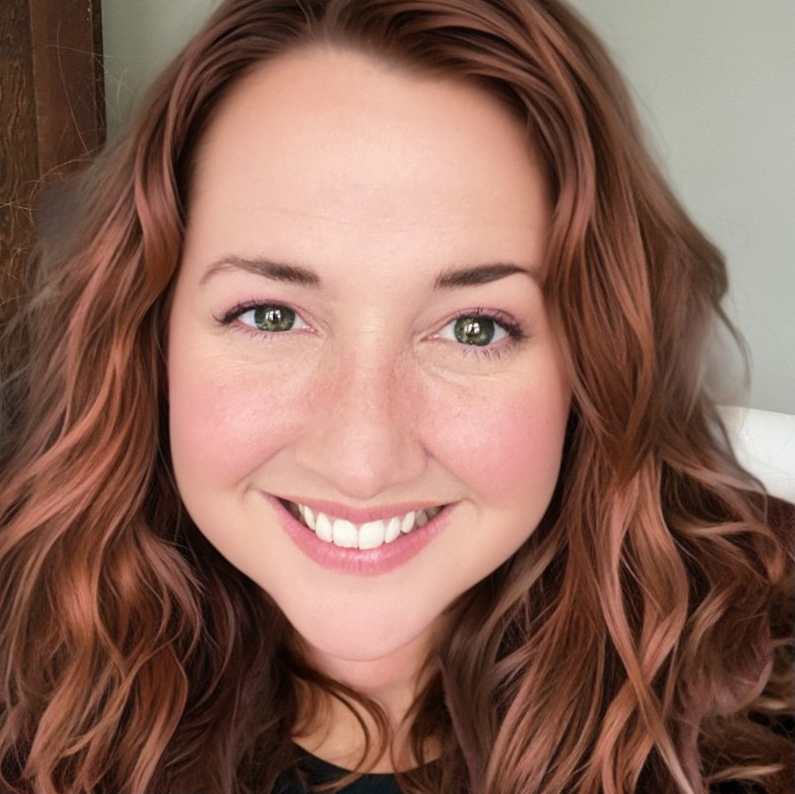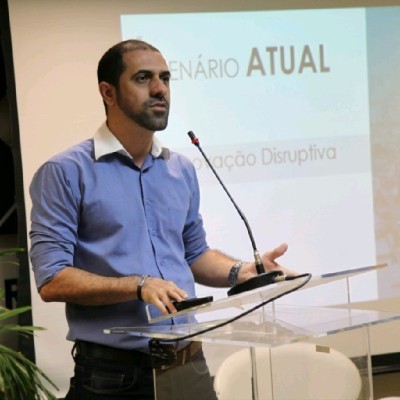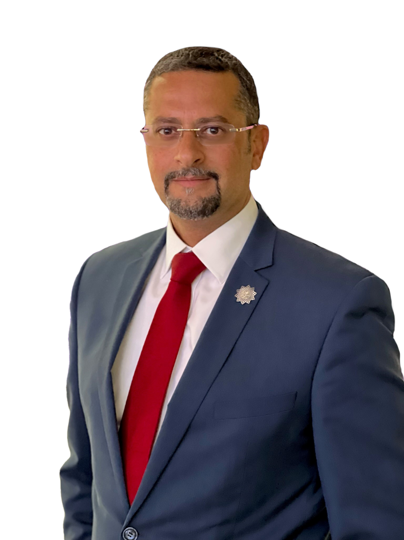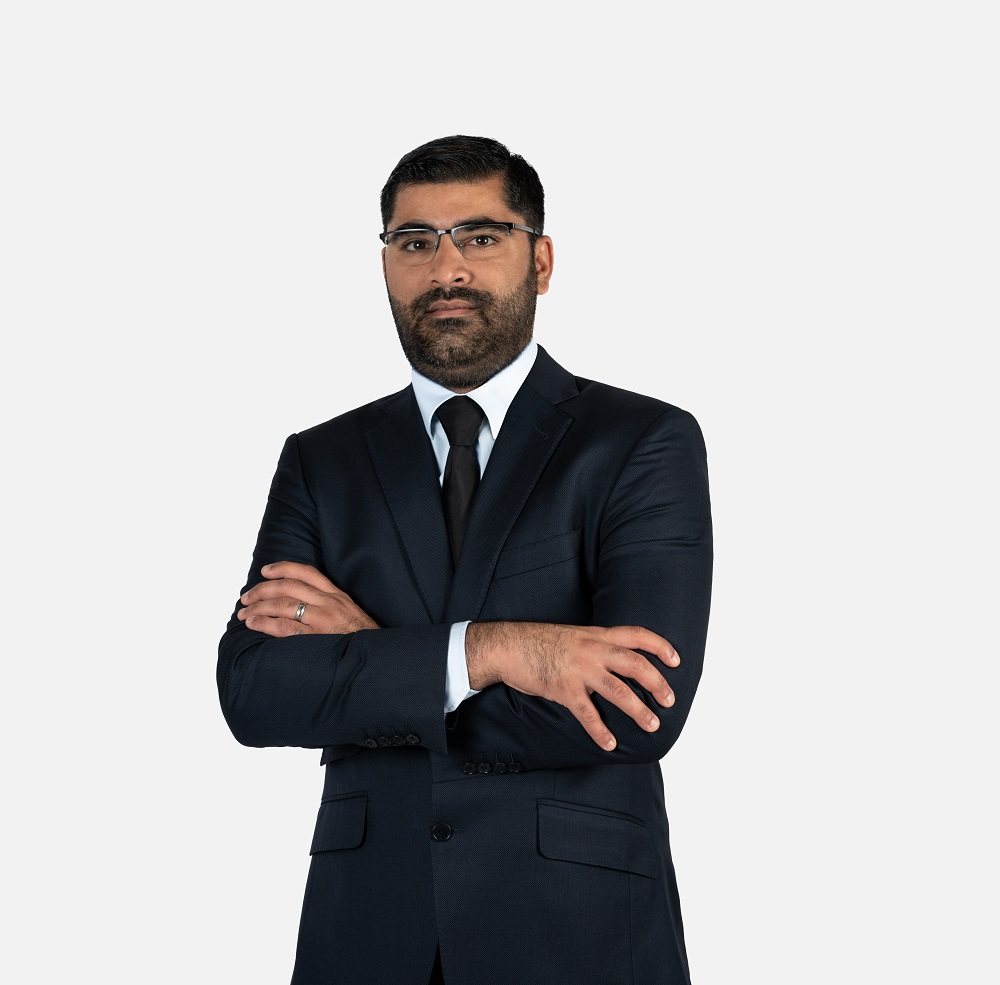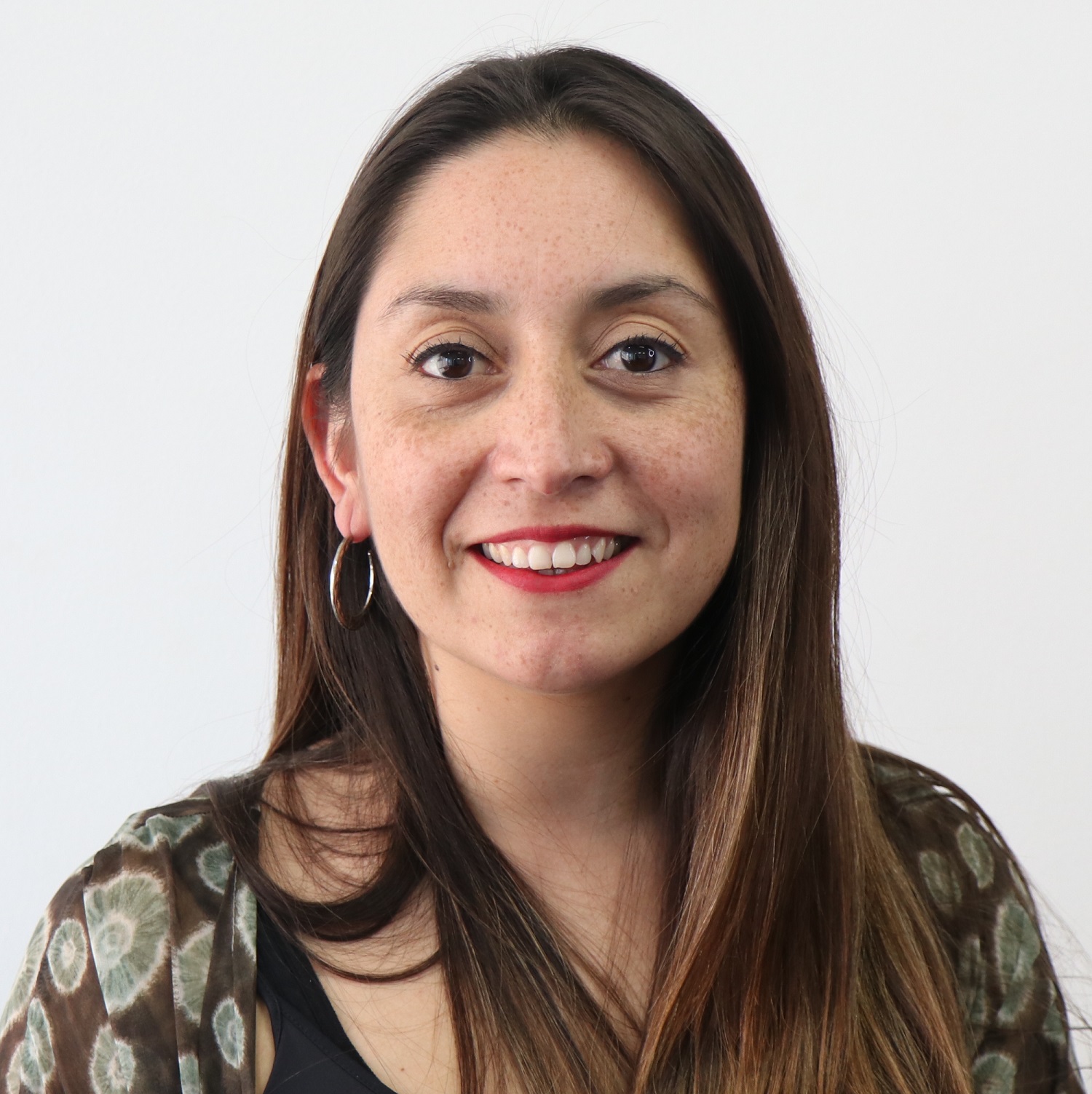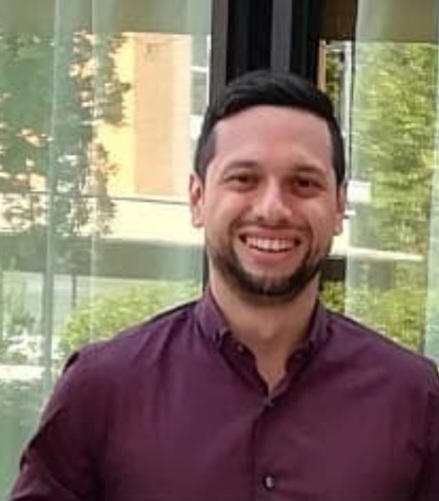Enhancing Tourism Education through Volunteer Teaching Experiences
Enhancing Tourism Education through Volunteer Teaching Experiences
Submitted by Stephen Sayers,
English Lecturer; Faculty Advisor to the IFTM Volunteer Circle
In 2019, ‘The IFTM Volunteer Circle’ (IFTMVC) began providing support for poverty alleviation through bi-annual volunteer teaching trips for 7-10 days to raise the interest and ability of junior high-school students at the Second National High School in Cong Jiang County, Gui Zhou. Historically, local students in Cong Jiang have been unable to gain access to better universities due to poor English scores in their ‘high-school entrance’ exams.
Traveling to the location, and participating in community engagement – meaningful, interactive, and immersive – is creating an educational experience that complements theoretical lessons, is highly memorable, and most importantly capable of transforming volunteers. In the words of one volunteer:
“I often choose to be alone because I find it difficult to integrate into the community. But when I met this group of students, their enthusiasm had an infectious force, so I unconsciously fell into it. Their enthusiasm and vitality made me confident and dare to communicate with them!”
An analysis of 50 students’ reflections and those of several students shared four years after their initial trips illustrates transformation in three areas: personality traits, skills development, and perspectives.
- Personality traits
Students expressed transformation in many aspects of their ‘inner-world’. They showed an increased sense of “happiness”, “optimism”, “confidence”, “boldness”, “being outgoing”, “gratitude”, “well-being”, “fulfillment”, “enthusiasm”, “cherishing life”, and “gratefulness”. They saw that they had demonstrated “responsibility”, “adaptability”, and “initiative” and had an improved “attitude”.
“I used to be a very introverted and sensitive person, and I was afraid that people would hurt me, so I built a tall wall in my heart to protect myself from being hurt. After this trip, I find myself happier and more optimistic. The naivety and braveness of those children encourage me a lot.”
“Through this activity, I experienced the joy of being a teacher. I gradually became less shy during the activity. I started to become bolder and took the initiative to communicate with those students who were not fond of speaking English. I successfully helped them to confidently speak English.»
“After this trip, I can better adapt to the environment, and I know how to communicate with others better, which is the biggest gain for me.”
“This event made me cherish my life now. I should no longer complain about the living environment, and no longer worry about small difficulties. Now I can do so many meaningful things, not because I am excellent, but because I am lucky enough.”
- Skills development
Another area of transformation concerned skills development, including “communication”, “public speaking”, “problem-solving”, “teaching”, “social”, “leadership” and “critical thinking”.
“I was a bit shy in the first class as it was my first time standing in front of the classroom as a “teacher”. However, I think I made some progress. Gradually I talked louder and became more comfortable in the class. I improved public speaking skills in a way.”
“This journey has changed me a lot, including my work attitude, accuracy of information, understanding of students, and teaching skills… The local teachers taught me some teaching skills and some software to assist in teaching.”
“The trip changed me in different ways… it improved my social skills. I am not an out-going person, sometimes it may be hard to talk a lot with others from the very beginning…”
“The trip changed my view of my influence to the world. I can’t change (all) the students totally, but I can influence someone and it is enough.”
“… for myself, I will not wear something like AJ shoes anymore… Maybe it doesn’t matter but it just makes me feel uncomfortable anyway…”
- Perspectives
In order to strengthen students’ attitudes of ‘mutual respect and understanding’ (GCET – Article 1), one of the guided reflection questions challenged the prevailing attitude that volunteering is the ‘haves’ providing for the ‘have nots’. Many students developed the sense of perception to see the inter-connectedness of volunteering and personal transformation.
“I used to think volunteering is… to try my best to provide help to others in need. After this trip, I think volunteering is not only unilateral help, but also an opportunity to learn.”
“I always thought that volunteering was just a donation to help children in poor areas. After this activity, and integrating into the children’s life, I realized the meaning of volunteer activities. We open the window of the world for them, and they bring us the touch and beauty of life.”
“This is my second time participating in this project, and the change from being a participant to a leader has given me a deeper understanding of the entire activity… through… planning and organizing, I realized that the success of an activity doesn’t solely depend on the richness of its content. It also requires meticulous organization and smooth coordination of various aspects. Learning from previous experiences and continuously improving the activity plan can attract capable individuals to participate and maximize the project’s impact. This is how my understanding of volunteering has changed. It has made me realize that volunteering is a collective effort…”
Four years after her first trip and now a Master’s student at University College of London, (UCL) shared her reflective thoughts. Her words testify to the power that well-designed volunteer trips have in setting a student on a path to ‘becoming’ a life-long learner and protagonist for the greater good.
“I would like to say that participating in and organizing (the) volunteer trips (has been) one of the best and most worthy things in my life so far… During my two volunteer experiences in Cong Jiang, China, I actively participated in teaching English and engaging in various extracurricular activities with the students. The first time in 2019, I observed… many locals who believed education is useless, (and that) boys are better than girls… I recognized the deep-rooted challenges in altering perspectives towards education… and (that) it is a long-term task. I also realized the impact of education on shaping beliefs, and life choices… these volunteer experiences shaped me to be a better person with more confidence and belief that I have the ability to achieve something…
Furthermore, these experiences have undoubtedly influenced my future aspirations. I would like to engage in volunteer activities continuously and am now participating in volunteer activities actively in London. They also sparked my interest in educational development and community engagement. As I envision my future, I see myself actively contributing to educational institutions or possibly even to international organizations or non-government organizations…”
Though much still needs to be learned to optimize the dual path of personal and social transformation that can be effected through these trips, it is clear they provide a path to a profound transformation in students’ and directly contribute to the IFTM vision, “As an advocate of community engagement, IFTM takes pride in producing graduates that not only excel professionally but also work for the greater good of society” (President’s Message; IFTM Website). This author believes that with ‘collective will’ and the wise allocation of resources this kind of innovative educational experience – integrating students and community engagement – can be extended to benefit all undergraduates and many more local communities.
Stephen SayersEnglish LecturerFaculty Advisor to the IFTM Volunteer Circle





